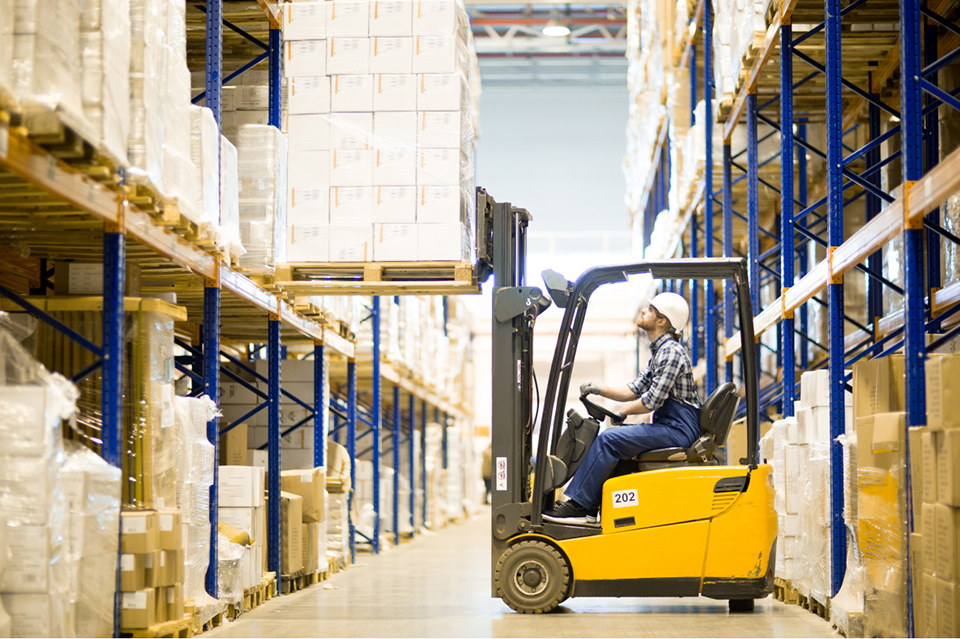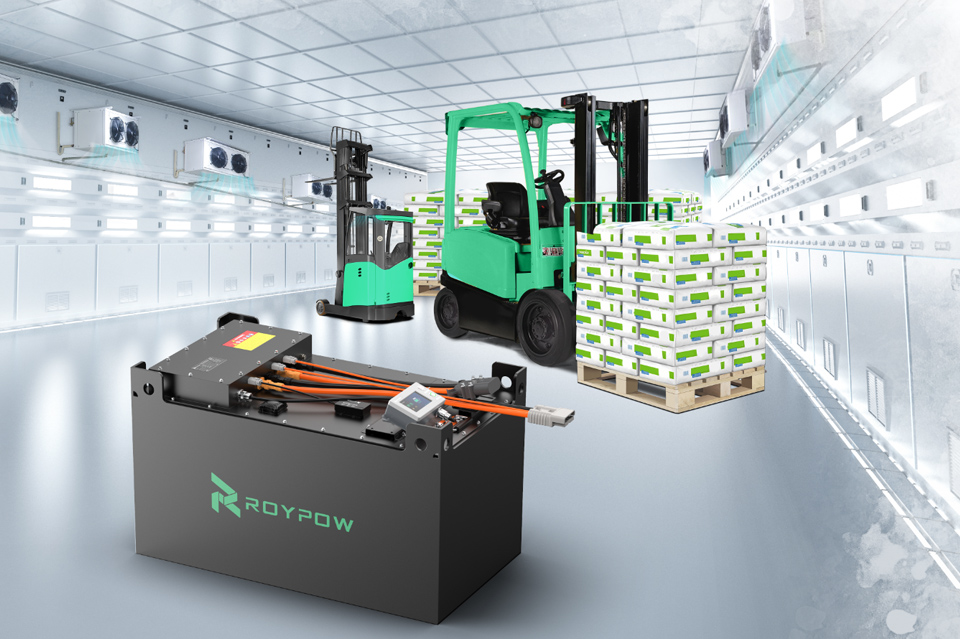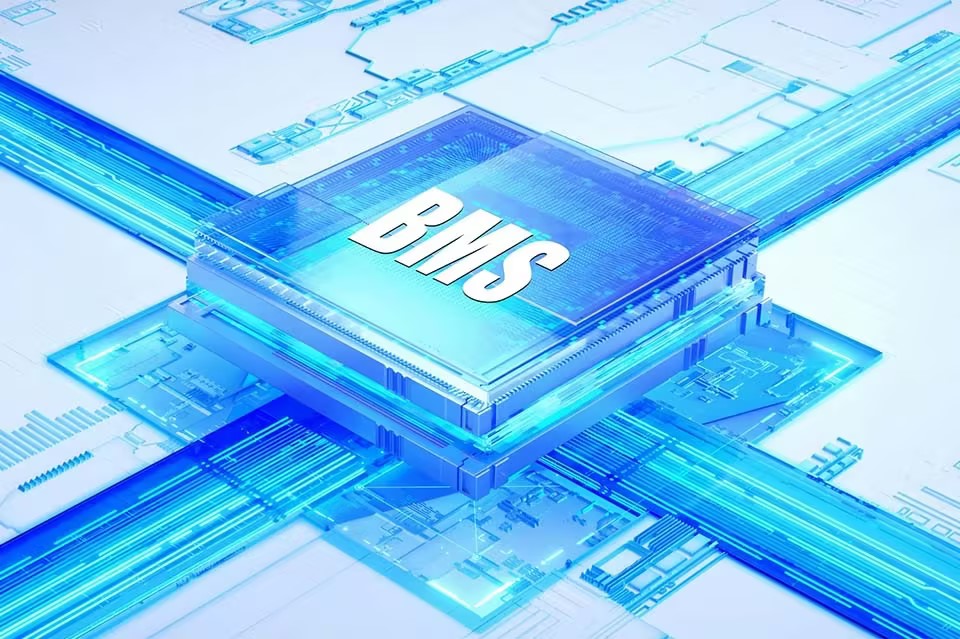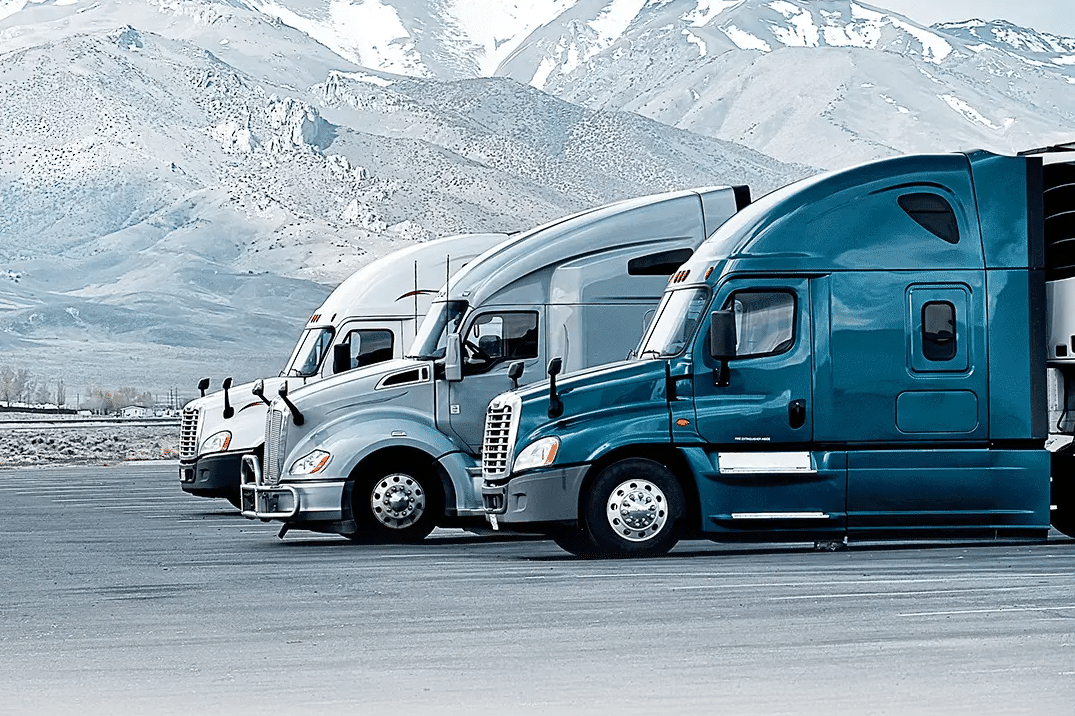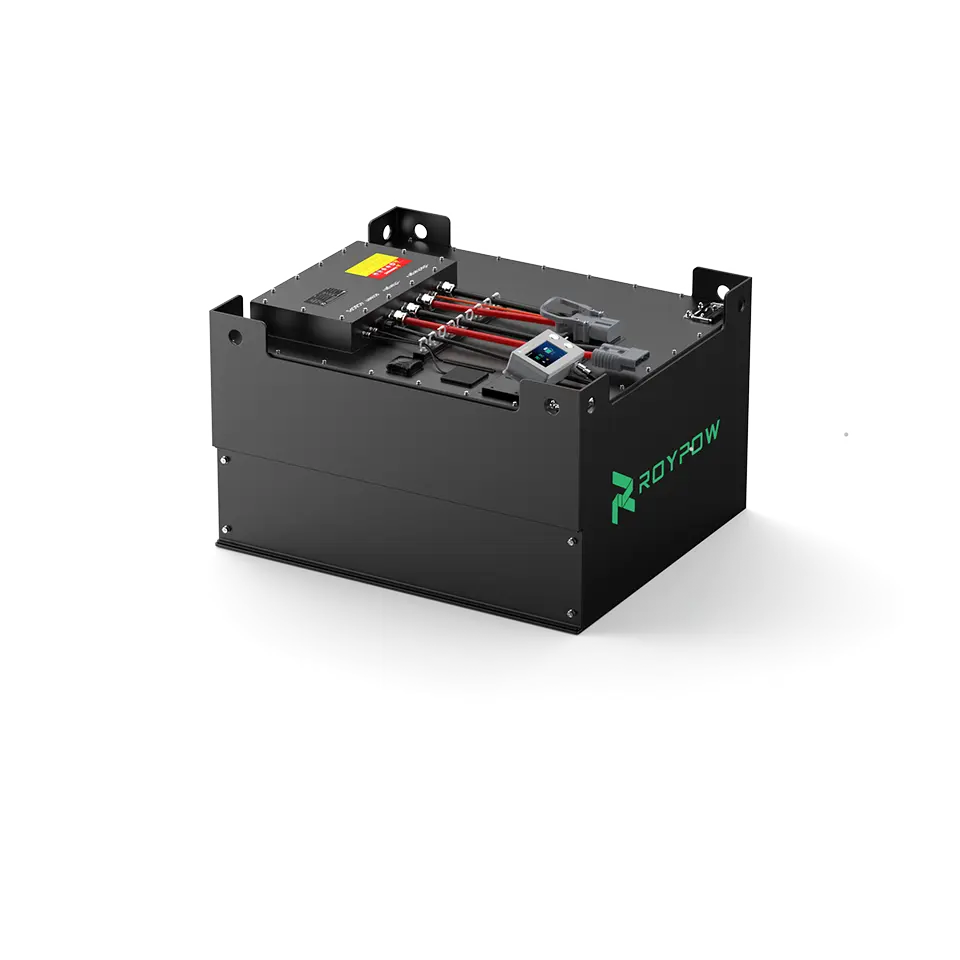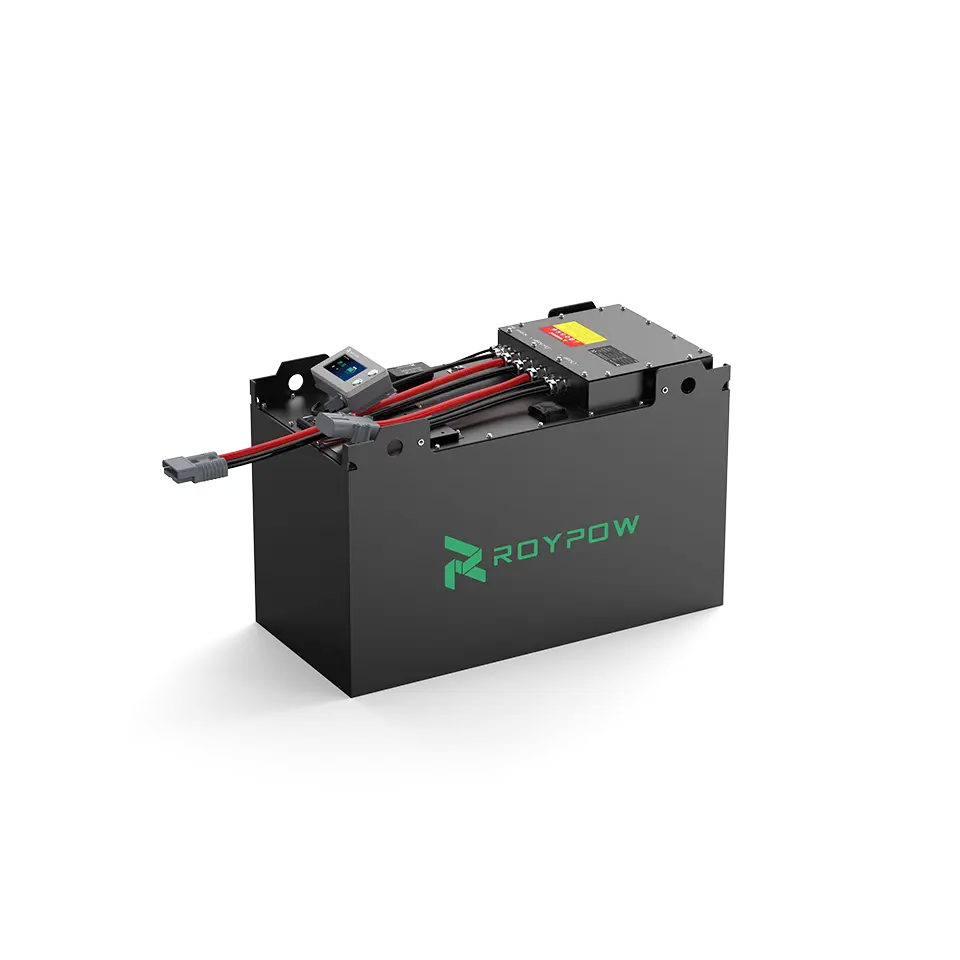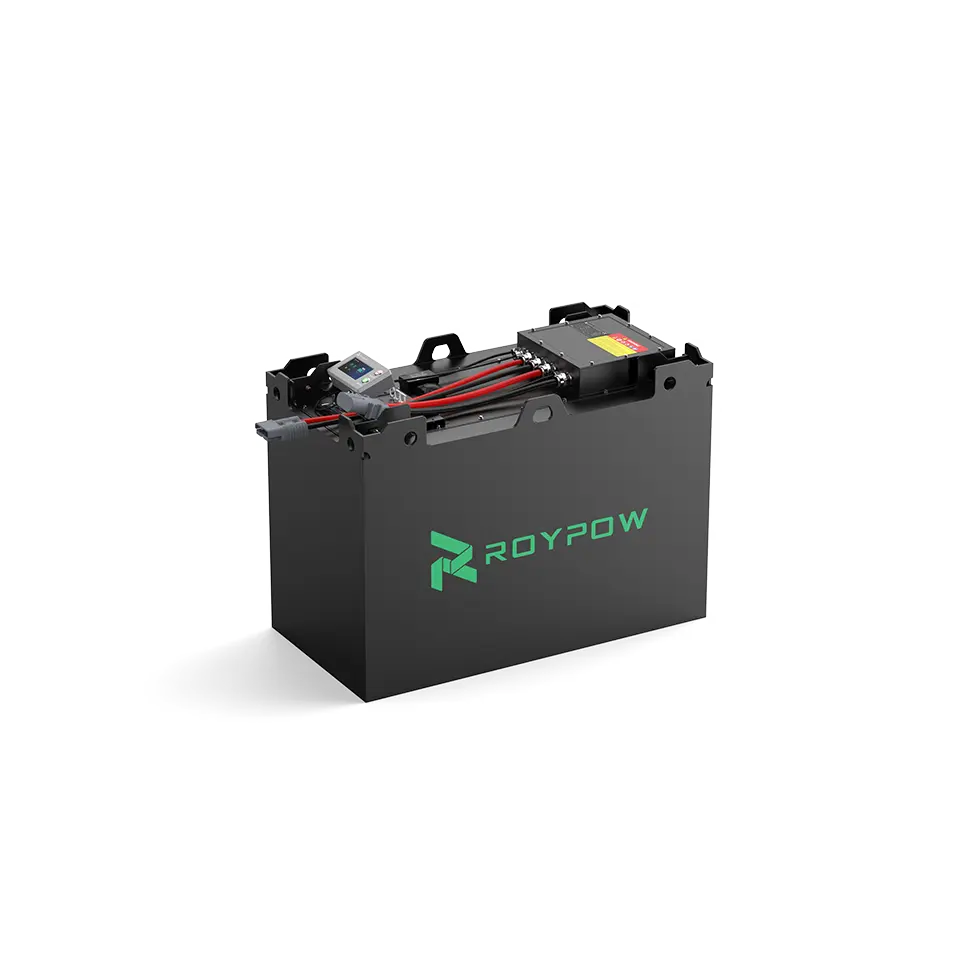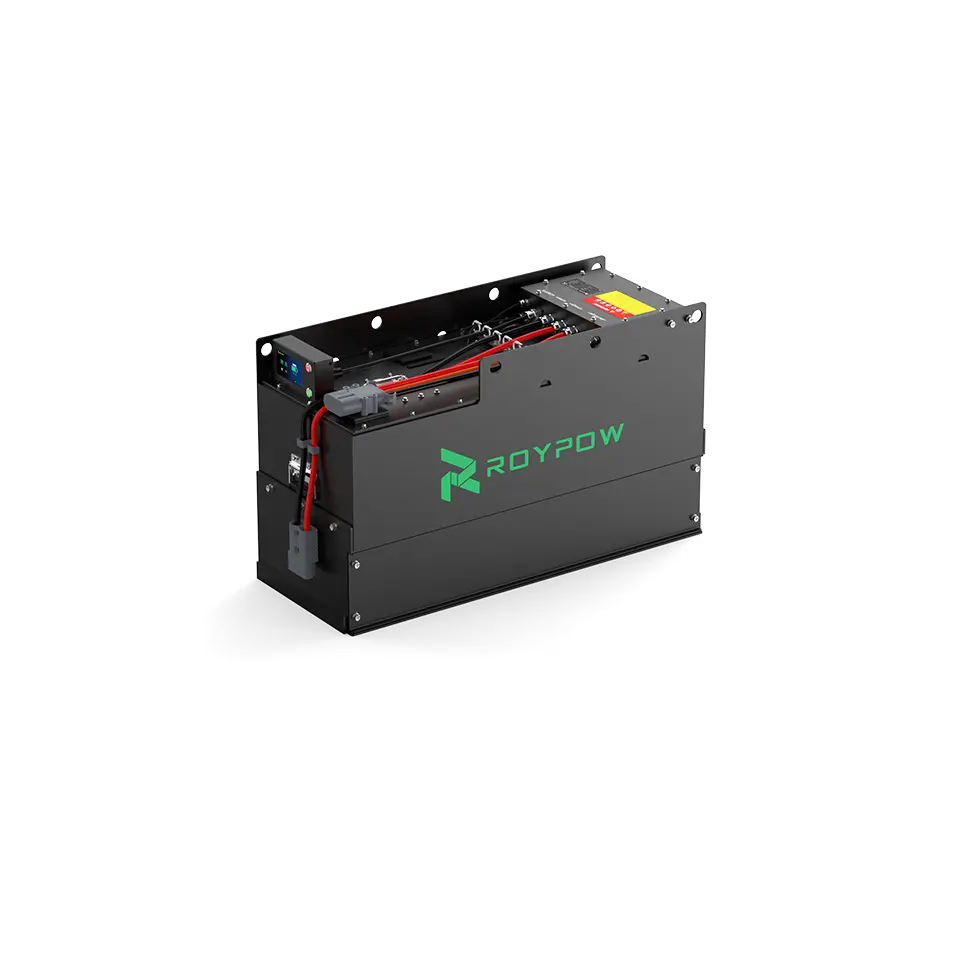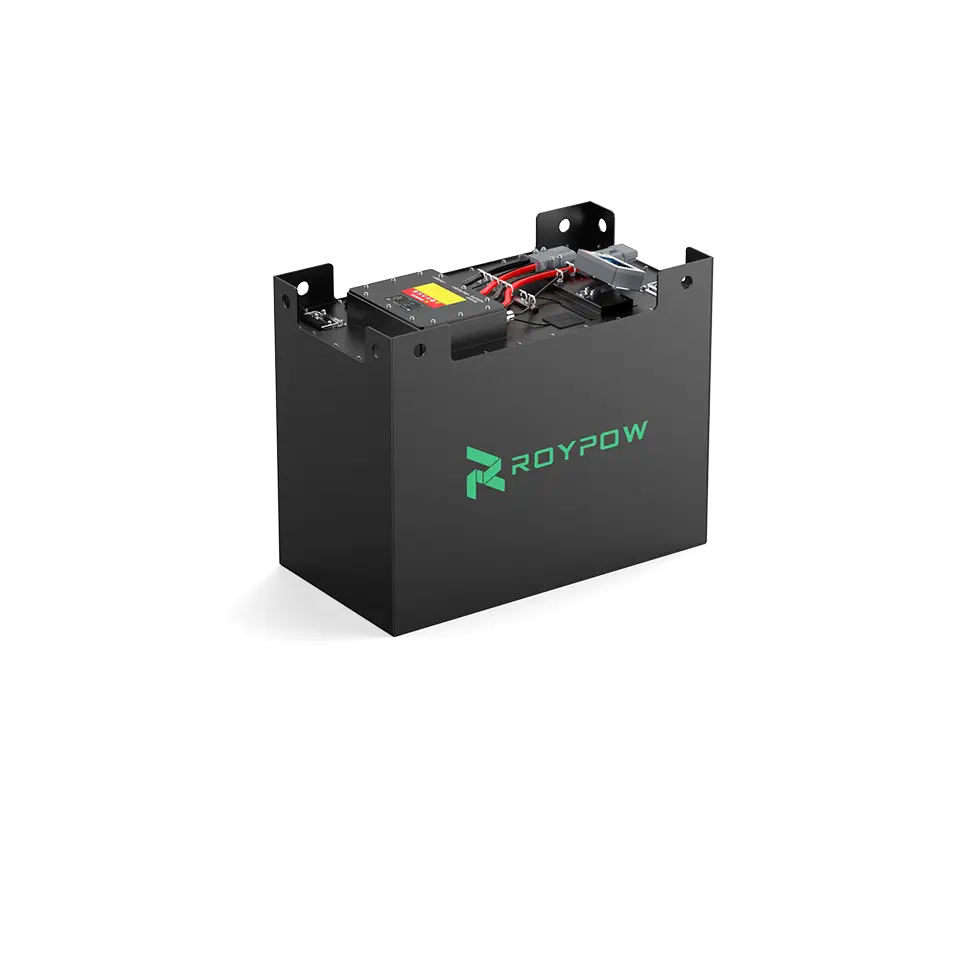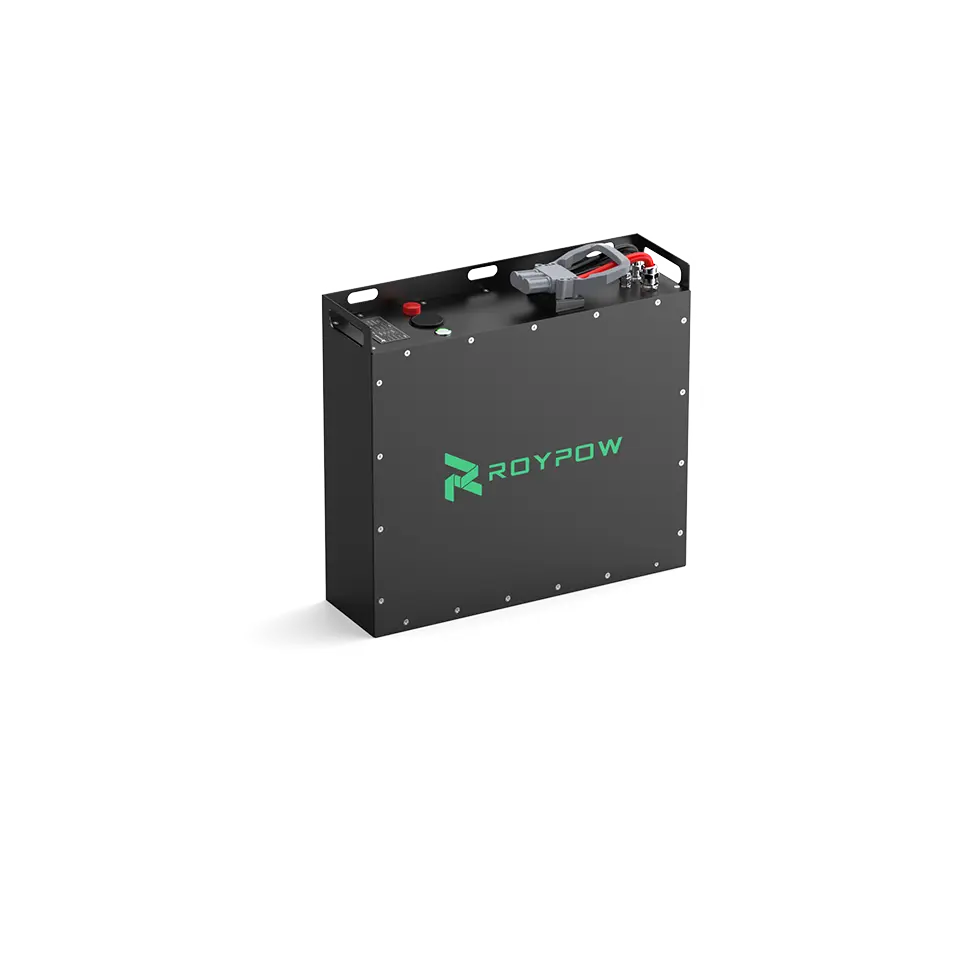Over the last 100 years, the internal combustion engine has dominated the global material handling market, powering material handling equipment since the day the forklift was born. Today, electric forklifts powered by lithium batteries are emerging as the dominant power source.
As governments encourage greener, more sustainable practices, improving environmental consciousness across various industries, including material handling, forklift businesses increasingly focus on finding eco-friendly power solutions to minimize their carbon footprint. The overall growth of industries, the expansion of warehouses and distribution centers, and the development and implementation of warehousing and logistics automation lead to an increased demand for operation efficiency, safety while reducing the total cost of ownership. Moreover, technological breakthroughs in batteries can enhance the feasibility of battery-powered industrial applications. Electric forklifts with improved batteries upgrade operating efficiency by reducing downtime, requiring less maintenance, and running more quietly and smoothly. All drive the growth of electric forklifts, and consequently, the demand for electric forklift battery solutions has surged.
According to market research firms, the forklift battery market was worth US$ 2055 million in 2023 and is expected to reach US$ 2825.9 million by 2031 witnessing a (Compound Annual Growth Rate) CAGR of 4.6% during 2024 to 2031. The electric forklift battery market is poised at an exhilarating juncture.
Future Type of Electric Forklift Battery
As the development in battery chemistry progresses, more battery types are being introduced into the electric forklift battery market. Two types have emerged as frontrunners for electric forklift applications: lead-acid and lithium. Each comes with its unique set of advantages. One of the most significant shifts in recent years is that lithium batteries have now become the dominant offering for forklift trucks, which has largely redefined the battery standard in the material handling industry. Compared with lead-acid batteries, lithium-powered solutions have been confirmed as a better choice because:
- - Eliminate battery maintenance labor cost or maintenance contract
- - Eliminate battery changes
- - Charges to full in less than 2 hours
- - No memory effect
- - Longer service life 1500 vs 3000+ cycles
- - Free up or avoid construction of battery room and purchase or use of related equipment
- - Spend less on electricity and HVAC & ventilation equipment costs
- - No dangerous substances (acid, hydrogen during gassing)
- - Smaller batteries mean narrower aisles
- - Stable voltage, fast lifting, and travel speeds at all levels of discharge
- - Increase equipment availability
- - Performs better in cooler and freezer applications
- - Will lower your Total Cost of Ownership over the life of the equipment
All these are compelling reasons for more and more businesses to turn to lithium batteries as their power source. It’s a more economical, efficient, and safer way of running Class I, II, and III forklifts on double or triple shifts. Continuous improvements being made to lithium technology will make it increasingly difficult for alternative battery chemistries to gain market prominence. According to market research firms, the lithium-ion forklift battery market is predicted to see a 13-15% compound annual growth rate between 2021 and 2026.
However, they are not the only power solutions for electric forklifts around for the future. Lead acid has been a longtime success story in the material handling market, and there is still a strong demand for traditional lead-acid batteries. High initial investment costs and concerns related to the disposal and recycling of lithium batteries are some of the primary roadblocks to completing the shift from lead-acid to lithium in the short term. Many smaller fleets and operations with the inability to retrofit their charging infrastructure continue to use existing lead-acid battery-powered forklifts.
Moreover, ongoing research into alternative materials and emerging battery technologies will bring greater improvements in the future. For example, Hydrogen fuel cell technology is making inroads into the forklift battery market. This technology uses hydrogen as a fuel source and produces water vapor as its only byproduct, which can provide quicker refueling times than traditional battery-powered forklifts, maintaining high productivity levels while maintaining a reduced carbon footprint.
Electric Forklift Battery Market Advancements
In the continuously evolving electric forklift battery market, maintaining a competitive edge demands superior product and strategic foresight. Key industry players are consistently navigating through this dynamic landscape, employing diverse strategies to fortify their market standings and cater to emerging demands.
Product Innovations are a driving force in the market. The upcoming decade holds promise for more breakthroughs in battery technology, potentially unveiling materials, designs, and functions that are more efficient, durable, safer, and environmentally friendly.
For instance, electric forklift battery manufacturers are investing heavily in developing more sophisticated battery management systems (BMS) that provide real-time data on battery health and performance in an effort to extend battery life, minimize maintenance frequency, and ultimately reduce operational costs. The adoption of artificial intelligence (AI) and machine learning (ML) technologies in the material handling industry can significantly enhance the operation and maintenance of electric forklifts. By analyzing data, AI and ML algorithms can accurately predict maintenance requirements, thereby minimizing downtime and associated costs. Additionally, as fast-charging technologies allow forklift batteries to be quickly charged during breaks or shift changes, the R&D for further upgrades such as wireless charging will revolutionize the material handling industry, greatly minimizing downtime and increasing productivity.
ROYPOW, one of the global pioneers in the transition of fuel to electricity and lead acid to lithium, is one of the key players in the forklift battery market and has recently made substantial progress in battery safety technologies. Two of its 48 V electric forklift battery systems have achieved the UL 2580 certifications, which ensures the batteries are powered to the highest standard of safety and durability. The company excels at developing diversified models of batteries to fit specific requirements such as cold storage. It has batteries of a voltage of up to 144 V and a capacity of up to 1,400 Ah to meet demanding material handling equipment applications. Each forklift battery has a self-developed BMS for intelligent management. Standard features include the built-in hot aerosol fire extinguisher and low-temperature heating. The former reduces potential fire hazards, while the latter ensures charging stability in low-temperature environments. Specific models are compatible with Micropower, Fronius, and S.P.E chargers. All these upgrades are the epitome of the advancement trends.
As businesses seek more strengths and resources, partnerships and collaborations become increasingly common, providing the impetus for rapid expansion and technological advancement. By pooling expertise and resources, collaborations enable faster innovation and the development of comprehensive solutions that meet evolving needs. Collaborations between battery manufacturers, forklift manufacturers, and charging infrastructure providers will bring new opportunities for forklift battery, especially lithium battery growth and expansion. When improvements in manufacturing processes, such as automation and standardization as well as capacity expansion are achieved, manufacturers are able to produce batteries more efficiently and at lower costs per unit, helping reduce the total cost of ownership of a forklift battery, benefiting businesses with cost-effective solutions for their material handling operations.
Conclusions
Looking ahead, the electric forklift battery market is promising, and the development of lithium batteries is ahead of the curve. By embracing technological innovations and advancements and keeping up with the trends, the market will be reshaped and promises a whole new level of material handling performance of the future.
Related article:
What Is The Average Cost Of A Forklift Battery
Why choose RoyPow LiFePO4 batteries for material handling equipment
Lithium ion forklift battery vs lead acid, which one is better?
Are Lithium Phosphate Batteries Better Than Ternary Lithium Batteries?

